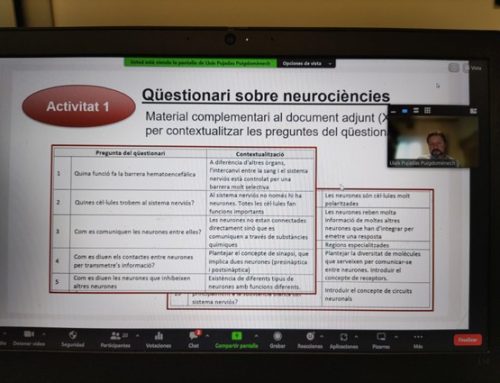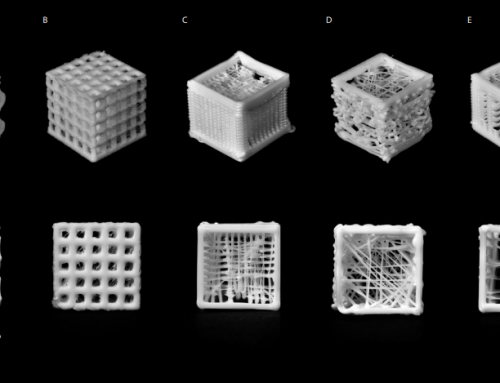
On March 29th, the third edition of the conference series “How to incorporate new scientific advances in biomedicine into classrooms” concluded, framed within the “Biomedicina Educativa” project. This program aims to inspire scientific vocations oriented towards addressing current and future challenges in the field of health and biomedical sciences. The project is an initiative of the Tissue Repair and Regeneration Research Group (TR2Lab) at UVic-UCC and the Research and Innovation Institute in Life and Health Sciences in Central Catalonia (IrisCC).
The “Biomedical Education” project offers specific activities for secondary school students (ESO), baccalaureate, and higher level training cycles (CFGS) in accordance with the academic curriculum, in order to impact their scientific education. Additionally, the project provides training and didactic materials to support teachers in educational centers regarding new scientific advances, with the goal of fostering interest in scientific professions in their classrooms.
In the line of pre-university teacher training, this year’s conference series was structured into four seminars, offering theoretical and practical training to attendees and working on proposals to implement training activities in classrooms. The seminars covered epigenetics, given by Dr. Laia Bosch Presegué (FCSB, Faculty of Health and Welfare Sciences); CRISPR, with Dr. Elisabet Dachs Cabanas (FCSB); neurobiology, with Dr. Lluís Pujadas i Puigdomènech (FCSB); and the human microbiome, with Dr. Anna Fàbrega i Santamaria (UManresa). The program is coordinated by Professor Anna Dalmau i Roda (FCTE, Faculty of Sciences, Technology, and Engineering) and counts on the collaboration of Dr. Montserrat Capellas Herms, a member of TR2Lab, and student Mercè Arisa Arimon, a third-year student in Biotechnology at UVic-UCC to promote scientific dissemination.
This program was offered online, allowing for the attendance of a total of 36 teachers from educational centers in diverse regions such as Osona, Barcelonès, Baix Llobregat, La Garrotxa, La Selva, Lluçanès, Maresme, Vallès Occidental, Vallès Oriental, Montsià, and Alt Penedès. The activities were well received and promoted debate among attendees, who expressed interest in implementing some of the activities in their respective educational centers.
This activity has been recognized by the Department of Education of the Government of Catalonia through the Center for Innovation and Education (CIFE) at UVic-UCC for non-university teachers.
With the “Biomedical Education” project, TR2Lab seeks to contribute to achieving the Sustainable Development Goals (SDGs): SDG3. Good health and well-being; SDG4. Quality education; SDG10. Reduced inequalities; and SDG17. Partnerships for the goals.















Leave a Reply